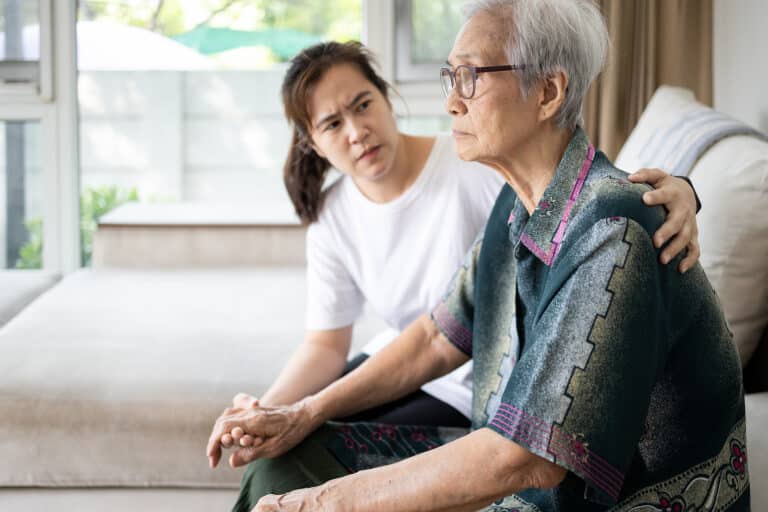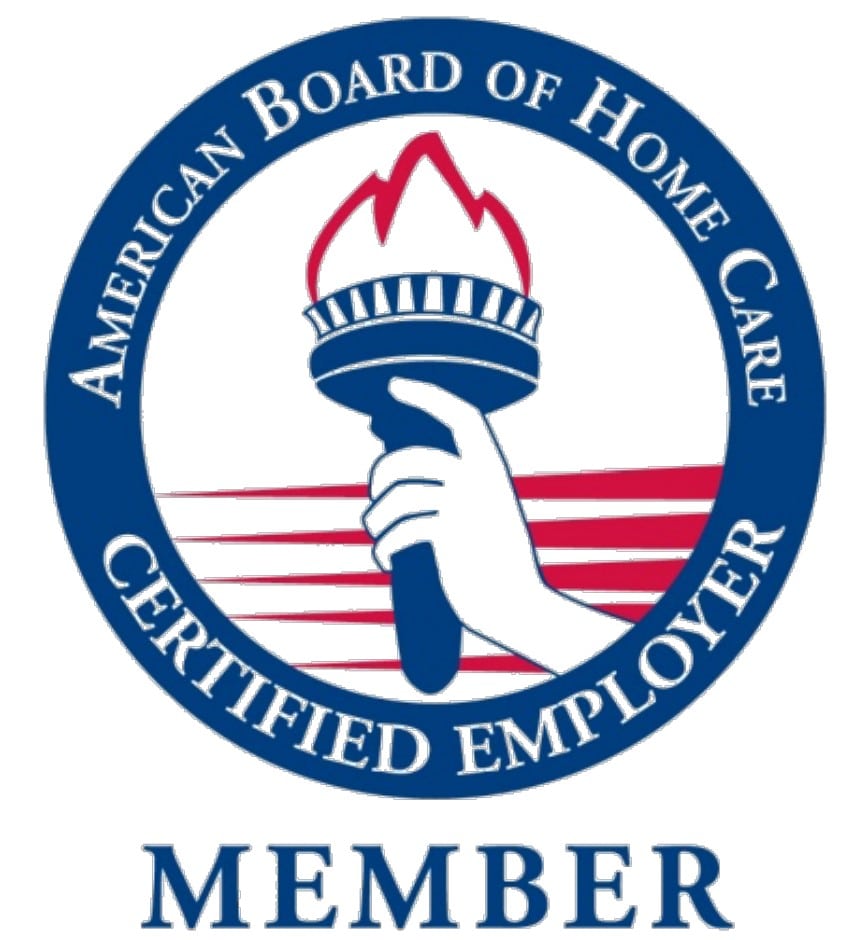Mealtimes are often the core of family life. From when a couple first gets married to when the children are little to big holiday gatherings, meals are often the center of it all. Meals provide a chance to slow down, talk about the day, and reconnect. They bring us together.
Meals are still an important part of your loved one’s day if he has Alzheimer’s disease. It can be a chance to sit and not only enjoy good food but also be reminded of the routines that make life so enjoyable.
Whether you provide all of the meals for your loved one or if you have an Alzheimer’s home care provider who helps with many meals (or if it’s a team effort for you and your Alzheimer’s care provider), helping your loved one enjoy his meals will not only benefit him but will also provide you a chance to reconnect and enjoy some time together.
Let’s look at five ways to help your loved one enjoy mealtime:
Avoid Changing the Routine
If your loved one has always enjoyed a light lunch and larger dinner, don’t try to switch it up on them now. Present a similar type of lunch at a consistent time each day so they can root themselves into the moment and orient to the time of the day and the meal they are enjoying.
Stay Consistent
Building upon the advice to establish and maintain routines, staying consistent is crucial. This may involve always serving their morning cup of coffee in their favorite mug or maintaining a consistent location for meals, such as the chair at the head of the table. If they enjoy a small dessert after dinner, continue serving one each day.
Respect Cultural, Religious, and Personal Preferences
If your loved one’s faith dictates that they don’t eat meat on Fridays during Lent, make sure their Alzheimer’s home care provider is aware of those desires so that they continue to support your loved one’s choices even when they can’t vocalize them. If saying a prayer before each meal is important, take that time before each meal to help them say their prayers of thanks.
Provide Plenty of Time to Eat
Patience is the key for many Alzheimer’s patients. It may take them a lot longer to eat each meal than it used to. Don’t plan a meal too closely to another time-sensitive event (like a doctor’s appointment) so that they’ll have all the time they need to finish their meal.
Connect
Remember that this is still your loved one’s chance (and yours as well) to connect with others and socialize. Set the tone with a cheerful and upbeat voice, a gentle touch on an arm, and direct eye contact. Let them know you see and hear them even when they’re not looking or talking.
A little planning can ensure that your loved one will still find mealtime a wonderful way to connect with those around him.
In 1999, Aaron was named Residential Program Manager of a group home for disabled adults in Arlington, Virgina. Here, he built a reputation for being compassionate with his clients and efficient in company operations. In the years that followed, Washington DC’s human services field went through unprecedented reform when the city was fined $11 million for the previously unchecked abuse, neglect, and exploitation of the very population it was supposed to protect. In 2005, Aaron was selected by a watchdog company to co-create and implement a monitoring system to safeguard and advocate for the system’s most vulnerable residents. This system is still in use today.
Aaron is now using his unique gifts and profound experience in the human service field to provide San Diego County Seniors with dependable, compassionate caregivers through Aaron Home Care.
He currently serves on the board of the San Diego Regional Home Care Council and is an active member of the Senior Advocate Network of San Diego.
Aaron Home Care is a member of the American Board of Home Care and is accredited by the Better Business Bureau.
- Five Contributing Factors to Difficult Alzheimer’s Disease Symptoms - May 7, 2025
- Sarcopenia Symptoms and Help for Seniors - April 28, 2025
- Helping Your Senior Manage His Stress - April 7, 2025








